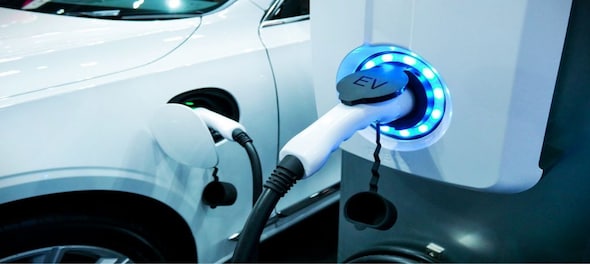
The Union budget for 2023-2024 marks an important guideline for our direction. This year’s Budget is especially significant because it is the final one for this term. The automobile industry is looking out for a growth-oriented budget. The government has supported the electric vehicle (EV) industry, taking several steps and introducing numerous policies to create a favourable environment for EVs.
We anticipate that the industry will only grow in the coming years. The acceptance of EVs is a significant step forward in India’s journey toward a cleaner and greener environment.
The industry, in particular, has high hopes with the government in the form of EV ecosystem incentives, an improved GST structure for EVs and parts, and an extension of EV subsidies under the FAME II scheme. The inverted duty structure should be reformed first.
Currently, OEMs pay more in input tax and less in output tax. Refunding the additional tax is a time-consuming process that stifles working capital. Allowing faster GST input credits refunds for companies under the inverted duty structure or lowering input taxes will help this cause significantly. If not for other materials, EV batteries should be subject to a lower tax regime, which would greatly benefit manufacturers.
Next, the government should include EVs in priority sector lending (PSL) to reduce the cost of financing EVs and make them more affordable to the general public. This will also make EV purchases more appealing, boosting the industry further. The Indian government and the World Bank are already discussing the establishment of a risk-sharing mechanism to compensate banks that make loans for the purchase of electric vehicles. This will be a significant step toward decarbonising the transportation sector and making EV loans more affordable.
In addition, when it comes to incentives and financial enablers, the government must consider not only the volume of production committed by manufacturers but also the technological superiority of the vehicles and battery technologies in terms of safety, longevity, and fast-charging to ensure that only the best reaches the final customers. Furthermore, MSMEs should be incentivised in the EV segment, whether for parts or vehicles. Start-ups and SMEs have provided a strong push toward green mobility and have played an essential role in its adoption. They should be rewarded.
This will provide even more impetus for young and aspiring entrepreneurs to dip their toes. It will also serve as an incentive to seek additional funding for the ecosystem. Because this sector is driven by extensive research and development, an additional tax deduction for companies spending on research and development activities relating to electric vehicles and their components should be considered.
To ensure that commercial or cargo EV adoption is not limited to larger industry players, the Budget must provide incentives for small businesses and MSMEs to join the ICE to EV transition bandwagon as well. FAME II’s validity is set to expire on March 31, 2024. We believe its validity should be extended because we have not achieved the penetration the subsidy was supposed to facilitate.
This is a pivotal year for India’s G-20 presidency and the country’s clean energy transition and economic transformation. These practical steps should make the transition and transformation a reality and create a positive vibe that will help India’s global leadership in the ambitious EV era.
—The author, Rahul Jain
, is a Director at Crayon Motors. The views expressed are personal.
(Edited by : C H Unnikrishnan)
First Published: Jan 31, 2023 6:38 PM IST
Check out our in-depth Market Coverage, Business News & get real-time Stock Market Updates on CNBC-TV18. Also, Watch our channels CNBC-TV18, CNBC Awaaz and CNBC Bajar Live on-the-go!


Pannian Ravindran: Thiruvananthapuram's Left candidate who's lived in party office for 40 years
Apr 24, 2024 11:47 AM
Lok Sabha Election 2024 Live: Supreme Court reserves judgment on plea for 100% EVM-VVPAT verification
Apr 24, 2024 9:58 AM

